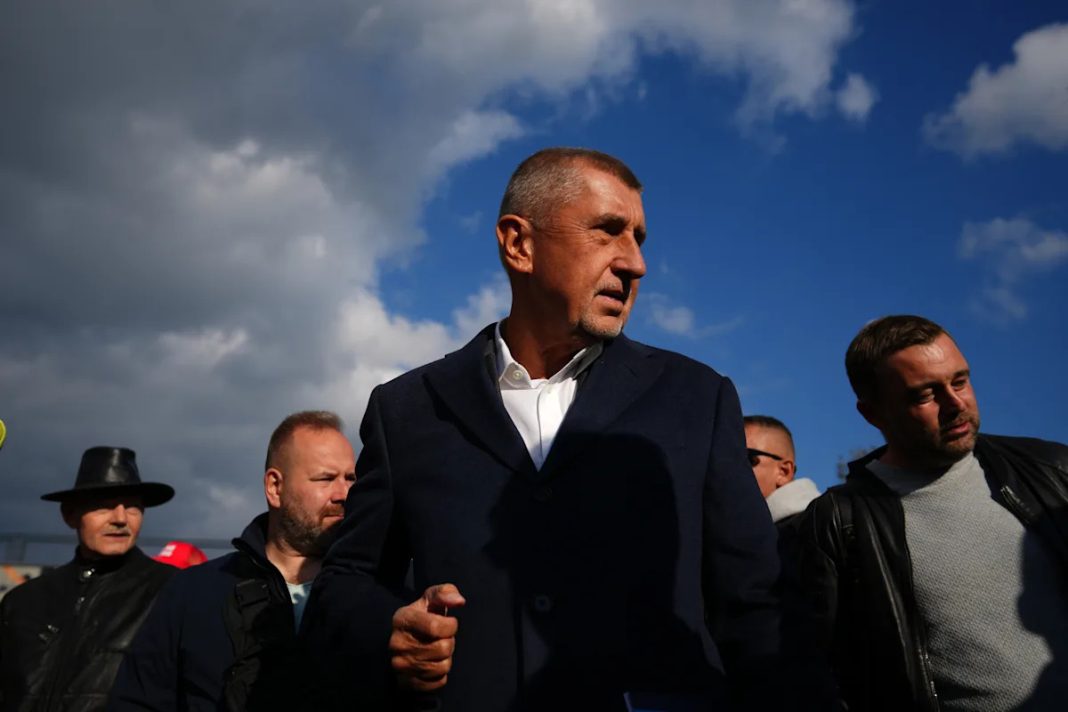PRAGUE (AP) — Czech voters began casting ballots Friday in a two-day general election that could steer the country away from supporting Ukraine and toward Hungary and Slovakia, threatening to further divide the European Union and NATO.
Billionaire Andrej Babiš is predicted to be the latest populist leader in Central Europe to stage a political comeback. Opinion polls put the former prime minister on course for victory over a pro-Western coalition led by Petr Fiala that defeated him in the 2021 ballot.
His victory would be a boost for Viktor Orbán of Hungary and Robert Fico of Slovakia, whose countries have refused to provide military aid to Ukraine, continue to import Russian oil and oppose sanctions on Russia.
Fiala has warned against a victory for Babiš as Russia continues its full-scale invasion of Ukraine.
Last year, Babiš, along with his friend Orbán, co-founded a new alliance in the European Parliament, “Patriots for Europe,” a significant shift from the liberal Renew group he previously belonged to.
The Patriots represent Babiš’s refusal of EU policies on migration and climate change and support for the protection of national sovereignty.
Babiš has denied sharing the pro-Russian stance of many members of the group, but questioned a Czech initiative that uses the country’s long-term global contacts to acquire artillery shells for Ukraine on markets outside the EU. He has also refused to fully endorse a NATO commitment to significantly increase defense spending.
Babiš has been a divisive figure since he joined Czech national politics in 2013. A member of the Communist Party before the anti-Communist 1989 Velvet Revolution in the former Czechoslovakia, he has drawn comparisons to U.S. President Donald Trump and faces fraud charges in a case involving EU subsidies. His scandals have not harmed his popular support.
His populist ANO (YES) movement, which he defined as a “catch-all” party, lost the parliamentary election in October 2021 after a turbulent term including the COVID-19 pandemic. A coalition of five parties formed a new government.
Babiš would prefer to rule alone, but polls predict he could win with some 30% vote. That would be about 10% more than Fiala’s coalition but not enough to form a majority government.
He has ruled out cooperation with any of the parties that have been in the government after the 2021 election.
His potential partners include two coalitions that are openly pro-Russian and want to lead the country out of the EU and NATO. Babiš declared that was not his intention. Another potential ally, a right-wing group calling itself the Motorists that is backed by former Euro-skeptic President Václav Klaus, has vowed to reject the EU’s environment policies.

